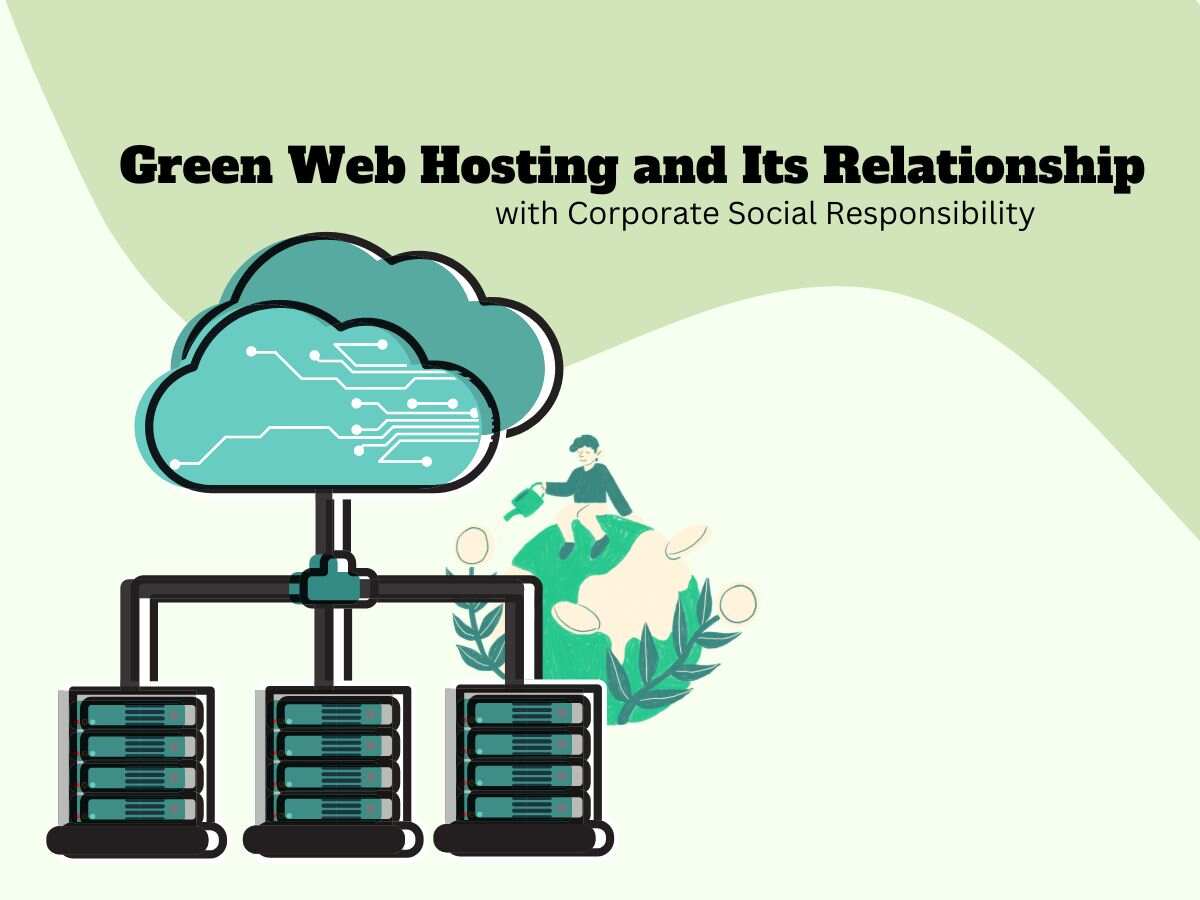
Evaluating the Performance of Shared Web Hosting Providers
Selecting the ideal shared web hosting provider can be a challenging task, particularly with the abundance of choices in today’s market. Bearing in mind that not all hosting services are created equal, an understanding of the key aspects to evaluate becomes fundamental to your decision-making process. This article aims at guiding you in assessing the performance of shared web hosting providers, helping you attain maximum value for your investment while ensuring your website operates smoothly.
Managed vs. Unmanaged Hosting
Your first evaluation point is finalizing whether the shared hosting provider offers managed or unmanaged services. In managed hosting, the provider oversees server maintenance, security, software updates, and other technical aspects, allowing you to focus on your business.
Unmanaged hosting, on the other hand, places most of the administrative responsibility on you. As a consequence, unmanaged hosting often comes at a lower price, but the associated tasks can be heavy, particularly if you lack technical proficiency. Your decision should be determined by available resources and the level of control you desire.
Uptime Guarantee for Shared Hosting Providers
Arguably one of the most significant factors in evaluating hosting providers is uptime — the percentage of time your website remains accessible online. Providers often project an uptime score, typically above 99.5%. These numbers matter, as even a fractional percentage could result in several hours of annual downtime, which could deter potential visitors.
Speed and Performance
Website loading speed is a crucial factor in user experience and can also influence your site’s SEO rankings. Check out the provider’s server specifications, such as RAM, CPU, SSD vs. HDD storage, and the type of network connections they offer. You might also consider reading reviews or testing the speeds of existing sites hosted by the provider.
Scalability
As your business grows, so will your website’s resource demands. Your hosting provider should be adaptable to this growth. Check their plans and policies around upgrading your package, including limitations, potential downtime during transitions, and associated costs.
Customer Support
Finally, assess the quality of customer support. Reliable and responsive support can make a significant difference, especially during times of technical issues or downtime. Consider factors like the modes of communication, their availability, and the technical knowledge of the support team.
Conclusion
Evaluating shared web hosting providers calls for a thorough analysis beyond just the pricing. It requires exploring various aspects like the level of management, uptime scores, server performance, scalability capability, security measures, and customer support. In doing so, you’ll be on the right path to partnering with a provider that offers reliable, efficient, and secure hosting, and fully caters to your website’s needs and your business goals.







